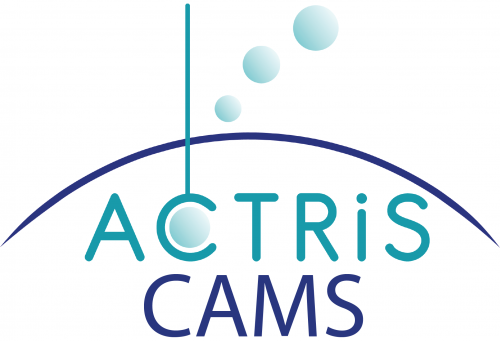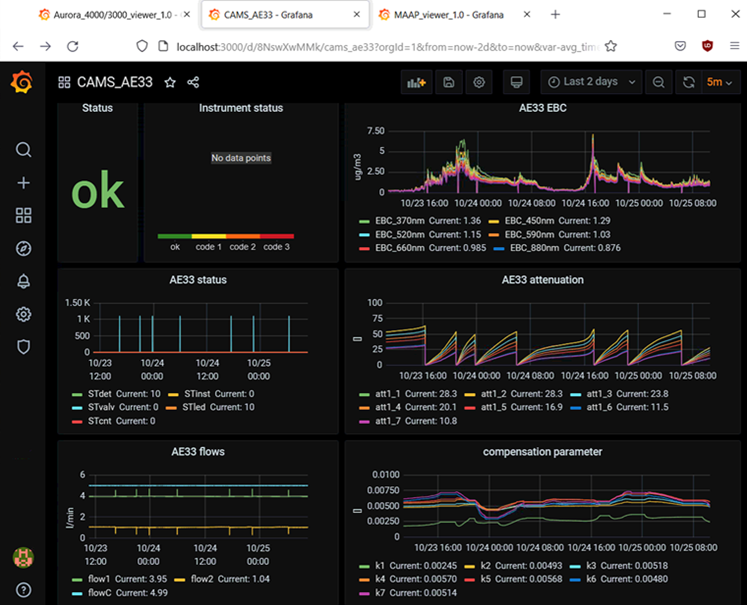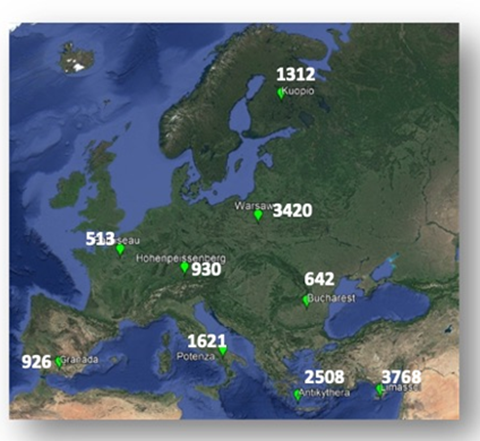National Facilities


ACTRIS has recently completed the first phase of two pilot contracts with the Copernicus Atmosphere Monitoring Service (CAMS), aiming at designing, testing and setting up the provisioning to CAMS of quality controlled ACTRIS aerosol-related data products in Near Real Time (NRT).
For aerosol in situ variables, the ACTRIS-CAMS21a contract allowed demonstrating the feasibility of fully traceable and quality-controlled data provision and setting up the system of data provision for the whole network of the following variables: number concentration and size distribution, light scattering and absorption coefficients, mass concentration of submicron non-refractory major inorganic and organic species. The work was undertaken by ECAC-WCCAP and ECAC-ACMCC teams in collaboration with the ACTRIS IS Data Centre and involving a group of 8 ACTRIS pilot stations. CAMS21a has essentially developed the capacity to monitor data quality of these variables in real-time, notably using the benefits of closure experiment approaches that are combining different measurement techniques to further identify possible inconsistencies in measurements. To serve users interested in NRT data, CAMS21a also developed service interfaces providing continuously updated plots of the incoming ACTRIS data.

In the meantime, and for the first time, atmospheric aerosol profiles by ground based multiwavelength Raman lidars, fully documented, traceable and of high quality are provided to the CAMS under the ACTRIS-CAMS21b contract. During CAMS21b, the system for automatic data processing and provision was designed, developed, and then implemented for a group of 9 stations representative of the whole network in terms of instrumental capability and assuring a good geographical coverage of the European continent.
Around 58k files, of which about 15600 NRT aerosol optical properties profiles were provided to CAMS in the provision period (Oct 2020- Sept 2021). The amount and distribution of all the data provided to CAMS demonstrates that the pilot system for the NRT and Level 2 data provision is well implemented and working efficiently also for not automatic lidars.

Follow up contracts for the next phase of CAMS are under negotiations.












